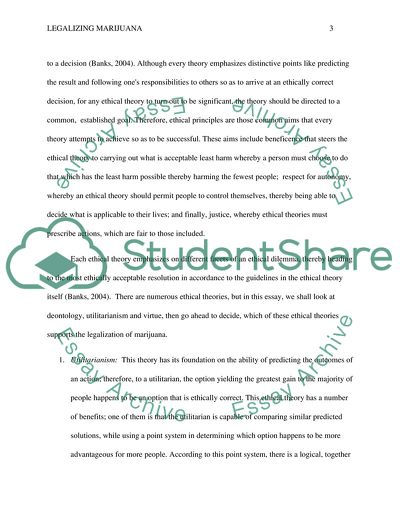Cite this document
(Legalizing Marijuana Essay Example | Topics and Well Written Essays - 2000 words - 1, n.d.)
Legalizing Marijuana Essay Example | Topics and Well Written Essays - 2000 words - 1. https://studentshare.org/sociology/1779504-legalizing-marijuana
Legalizing Marijuana Essay Example | Topics and Well Written Essays - 2000 words - 1. https://studentshare.org/sociology/1779504-legalizing-marijuana
(Legalizing Marijuana Essay Example | Topics and Well Written Essays - 2000 Words - 1)
Legalizing Marijuana Essay Example | Topics and Well Written Essays - 2000 Words - 1. https://studentshare.org/sociology/1779504-legalizing-marijuana.
Legalizing Marijuana Essay Example | Topics and Well Written Essays - 2000 Words - 1. https://studentshare.org/sociology/1779504-legalizing-marijuana.
“Legalizing Marijuana Essay Example | Topics and Well Written Essays - 2000 Words - 1”. https://studentshare.org/sociology/1779504-legalizing-marijuana.


